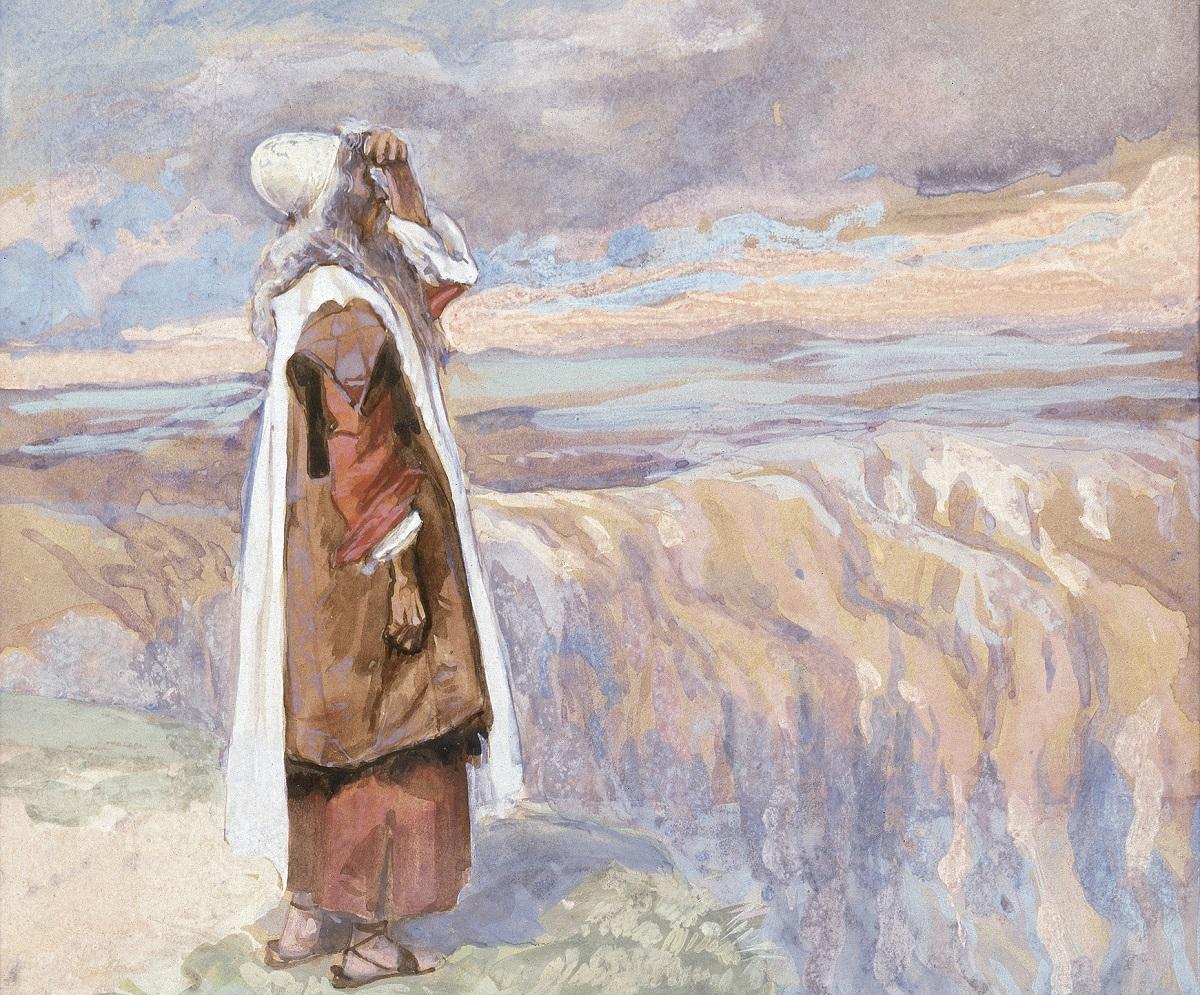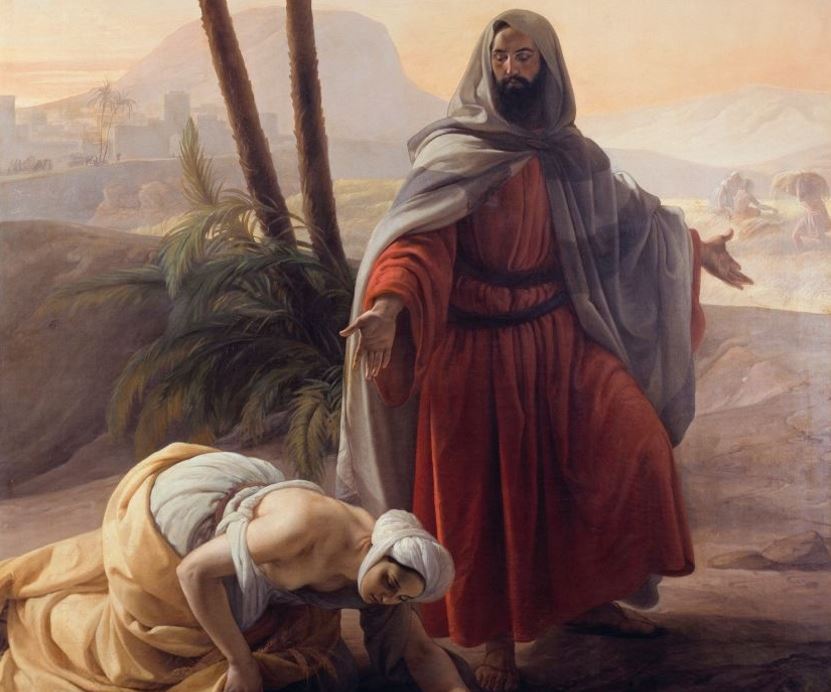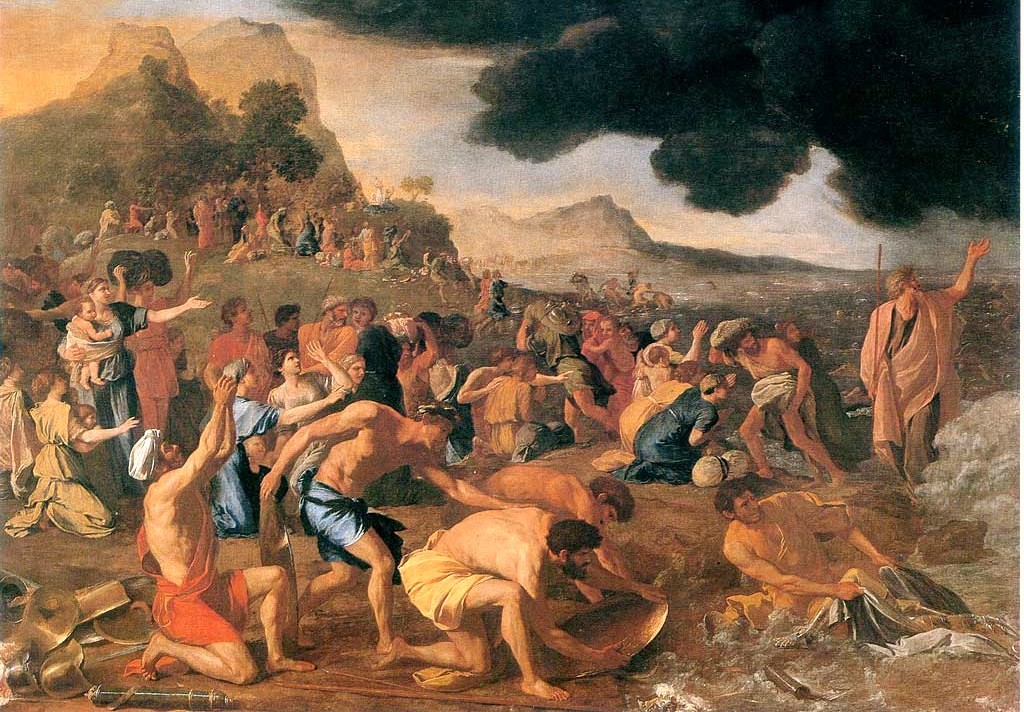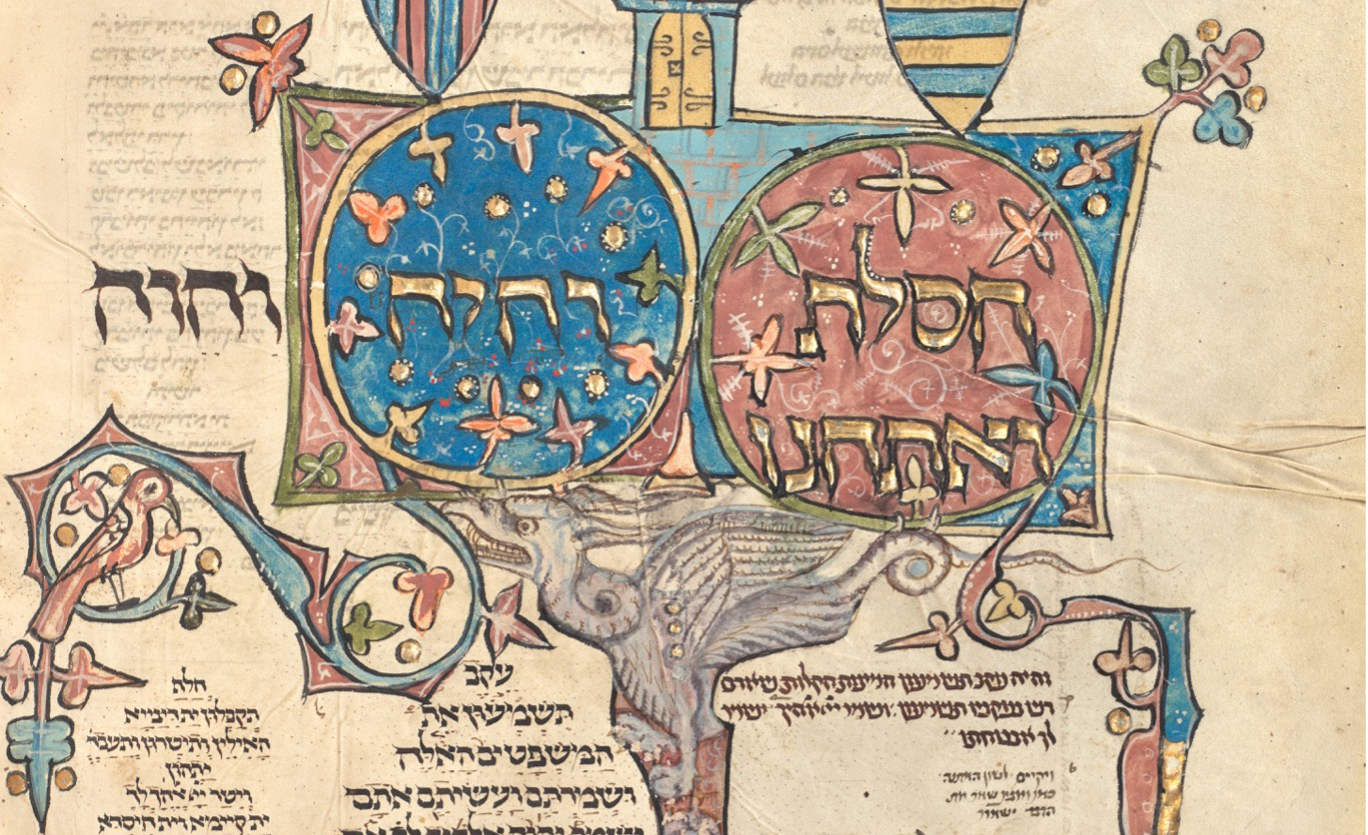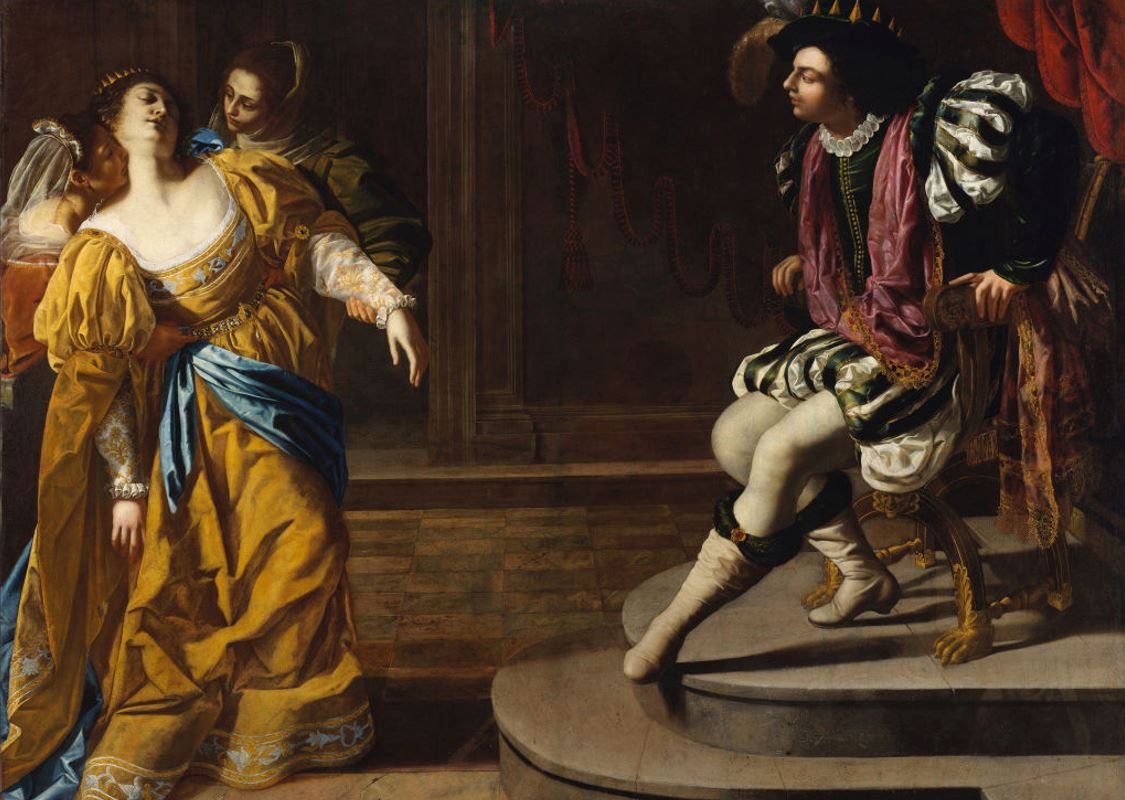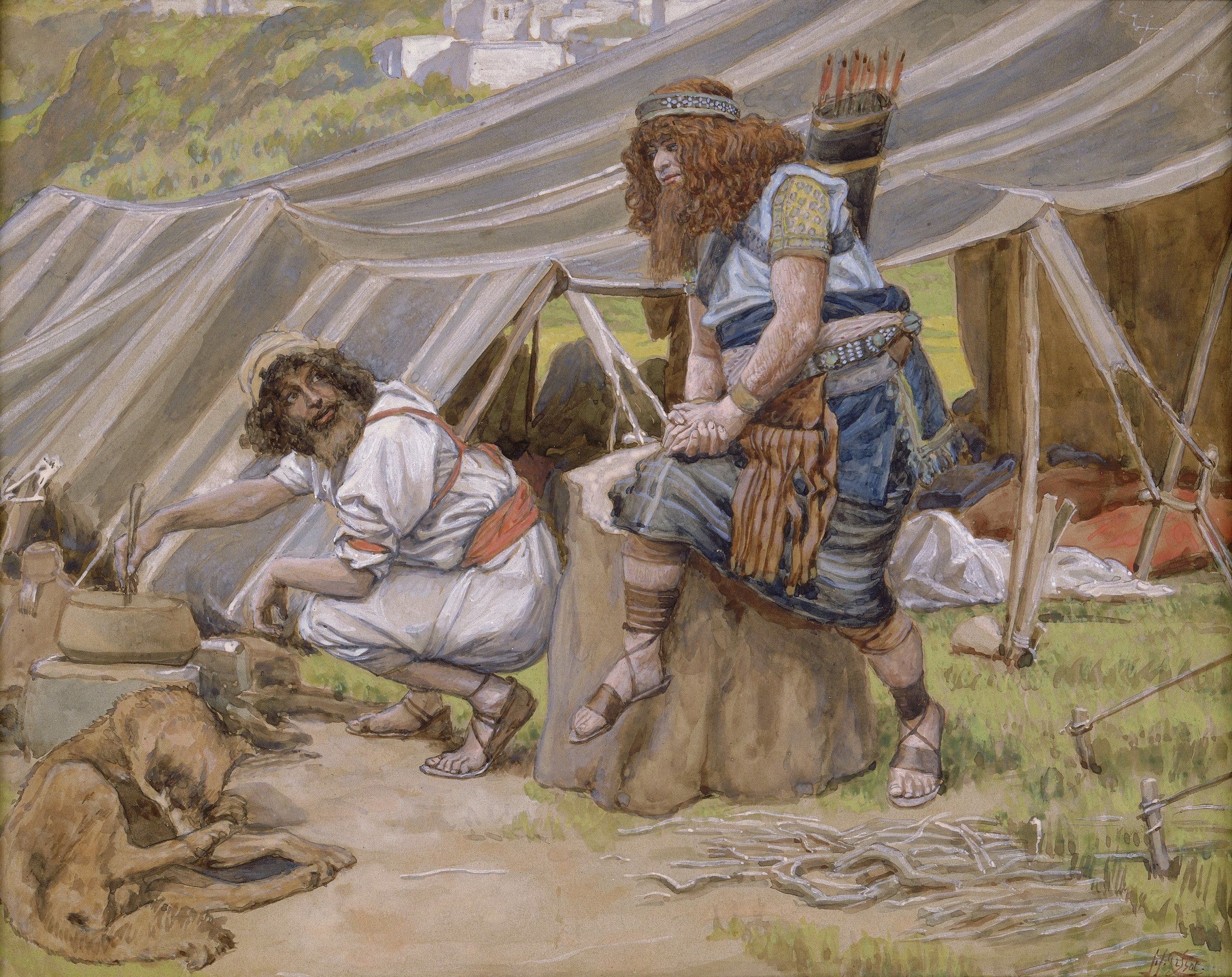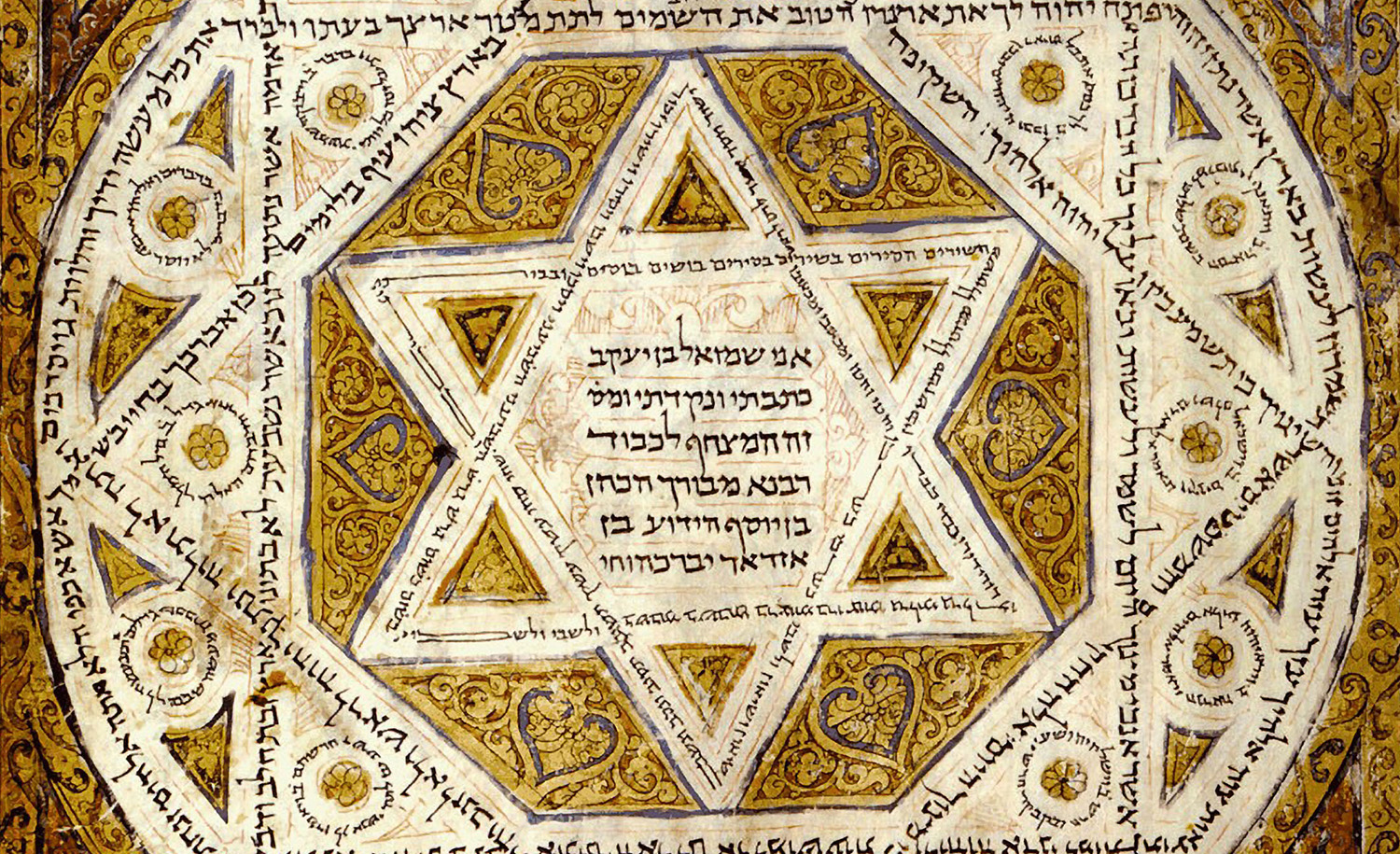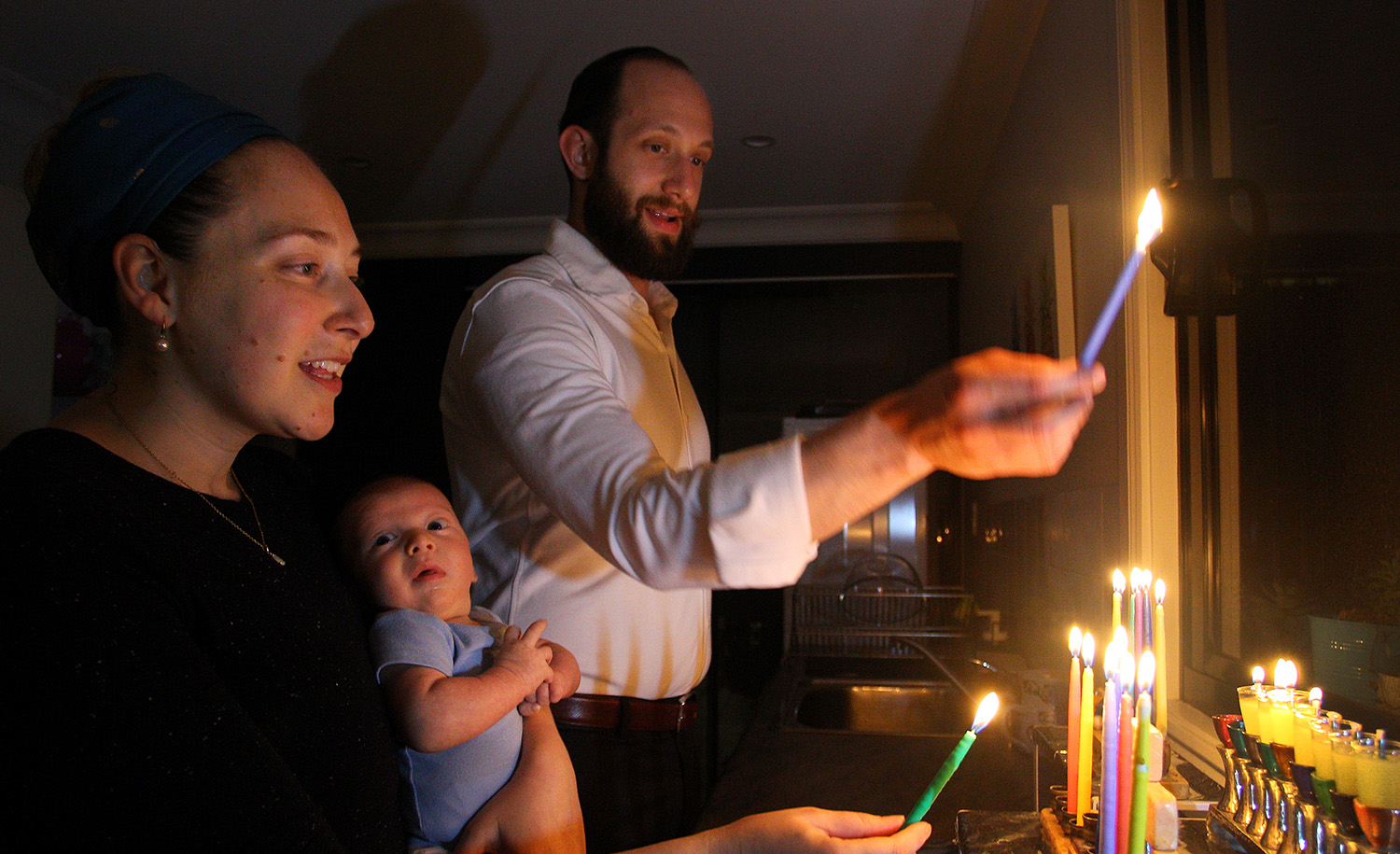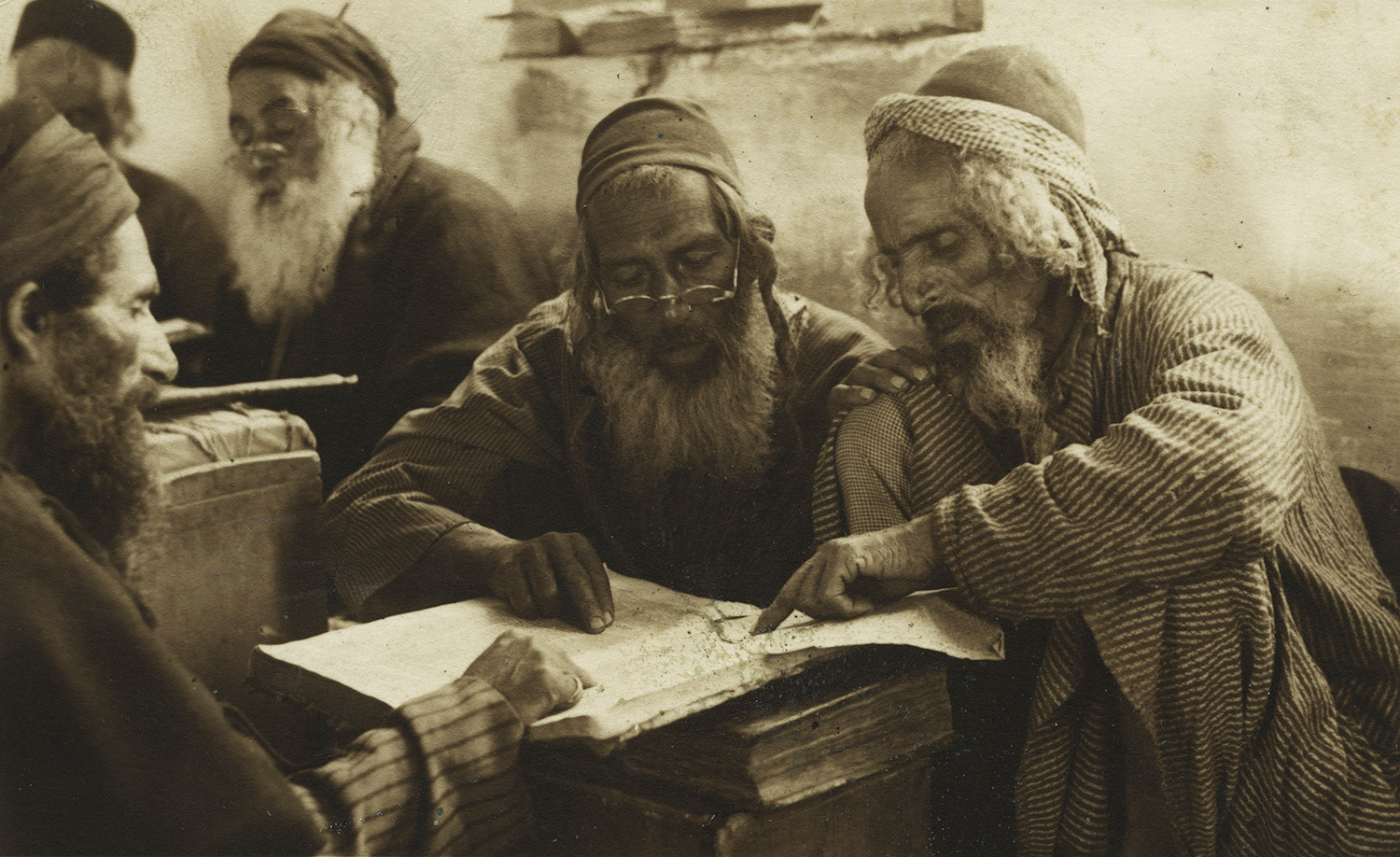Religion & Holidays
In a rebroadcast, the Israeli intellectual talks about his best-selling book on the revolutionary political ideas in the last speech of Moses.
Jewish history has always known periods in which double naming existed, always in places in which Jews were relatively well-integrated in the non-Jewish society around them.
This week’s podcast guest uncovers the many layers to the biblical book that Jews traditionally read on the upcoming holiday of Shavuot.
How did a small Transylvanian movement become the most powerful player in worldwide ultra-Orthodoxy?
One never hears Jews speak among themselves of Sukkot as the holiday of Booths, or of Rosh Hashanah as New Year’s Day. Why the difference?
As the Jewish people begins to celebrate Passover, a political philosopher asks how Exodus can clear up the ways that the left and right misunderstand what it takes to be free.
One recent Saturday morning, I was following the Torah portion from a late-13th-century manuscript and noticed some strange faded text and stress lines. What did they mean?
“An earthquake in biblical scholarship” is how the discovery has been described. That’s true, as are the connections it reveals between ancient languages and modern ones.
A scholar of philosophy joins us to take a close look at the book of Esther, and the lessons it has to teach about human success and divine providence.
The Hebrew of the Bible has many more ands than does modern English prose, a feature that’s surprisingly crucial to its literary power.
A new study finds that the family—not the synagogue or the church or the school—is the best way of inculcating religious practice.
A new edition of the Hebrew Bible edited by the late Jonathan Sacks Hebraizes its names in a way that bibles almost never do. Why, and what’s at stake?
The final, often-skipped stanza of the popular Hanukkah candle-lighting song Ma’oz Tsur presented the late rabbi with an unusual challenge.
Some of the most interesting and creative work in all of Jewish studies today is happening neither in universities nor as part of a yeshiva curriculum.
